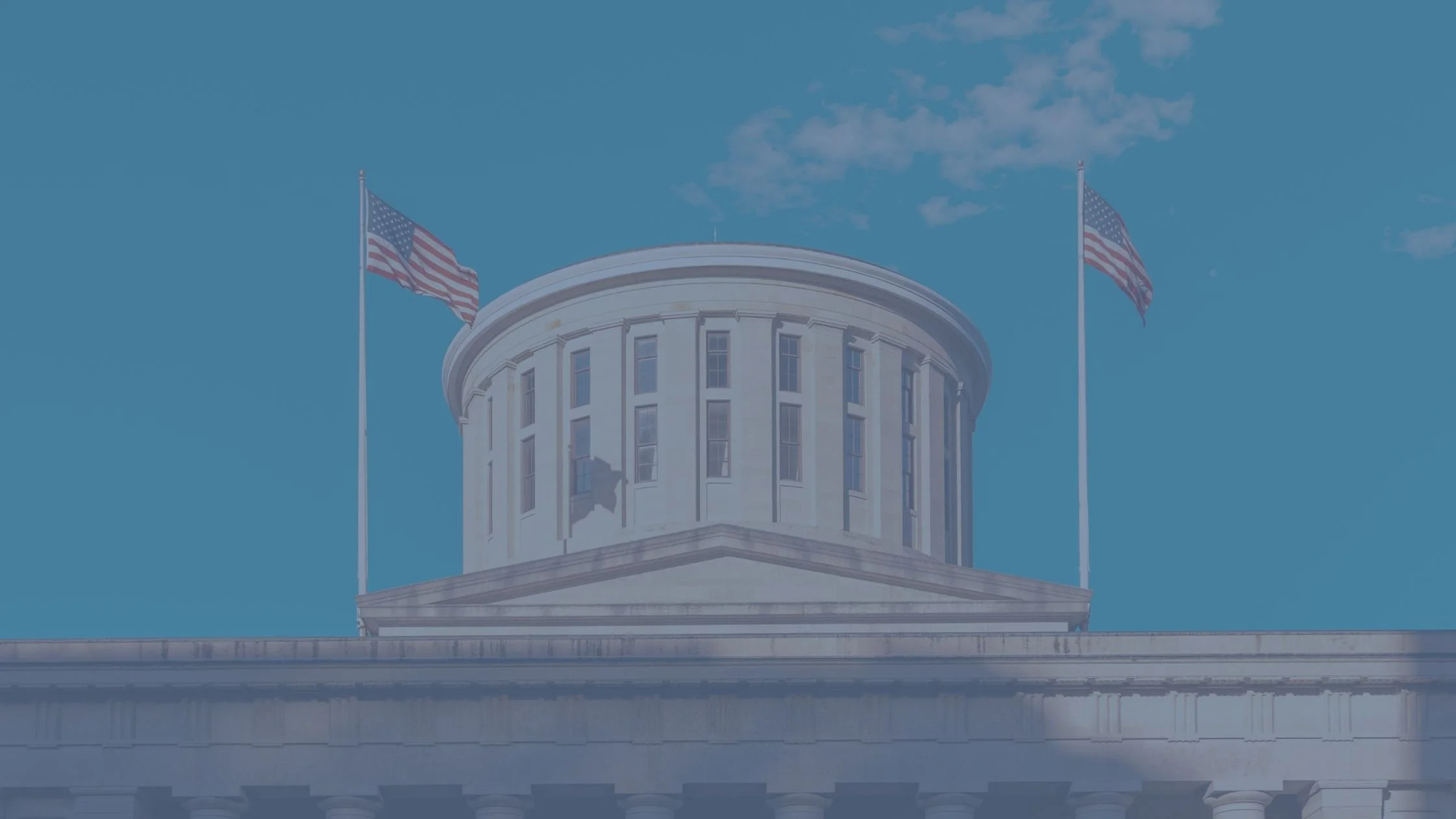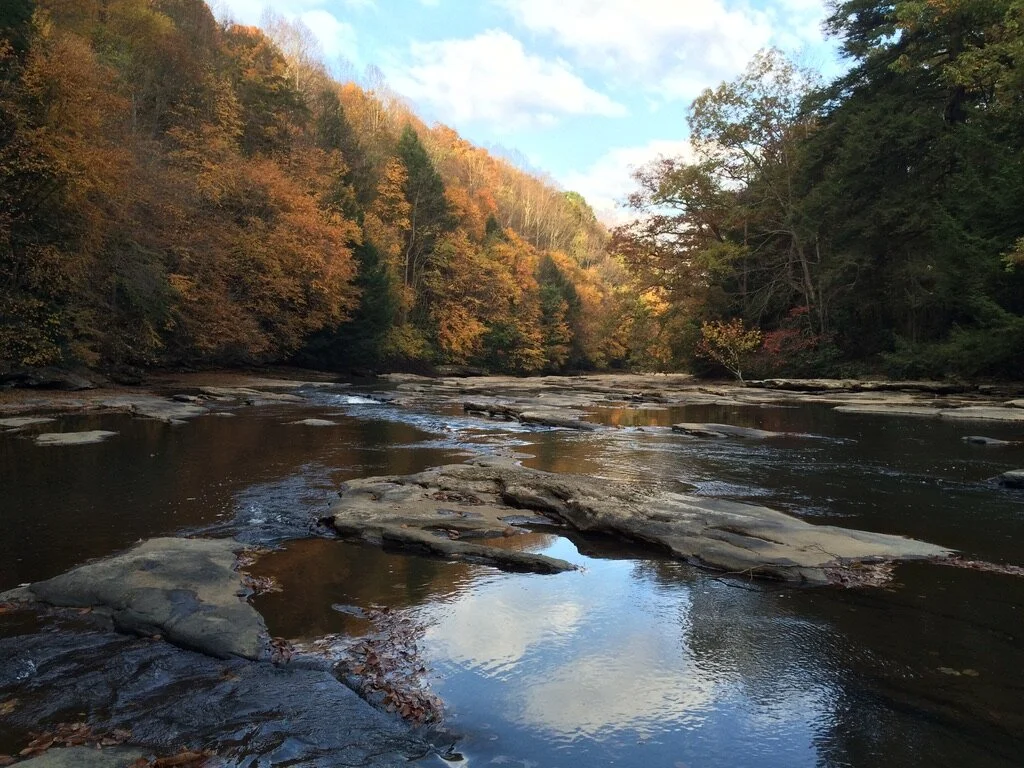What is the ballot referendum?
On May 20th, Pittsburgh voters will get to decide whether they want to keep their water systems public. The question will be displayed on the ballot as follows:
“Shall the Pittsburgh Home Rule Charter be amended and supplemented by adding a new Article 11: RIGHT TO PUBLIC OWNERSHIP OF POTABLE WATER SYSTEMS, WASTEWATER SYSTEM, AND STORM SEWER SYSTEMS, which restricts the lease and/or sale of the City’s water and sewer system to private entities?”
Voting YES is a vote for public water. Voting YES would add an amendment to the Pittsburgh Home Rule Charter and protect our water systems from privatization.

















